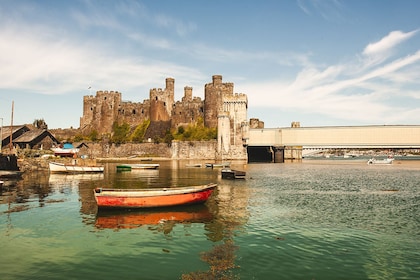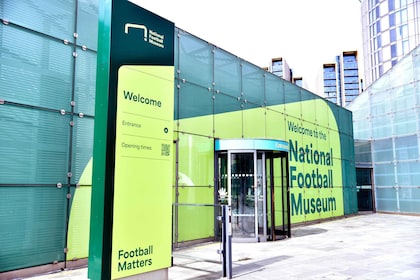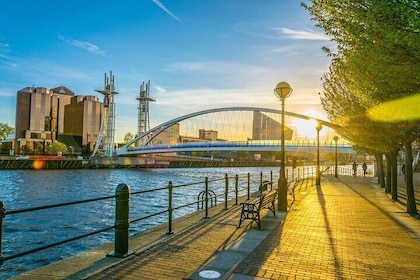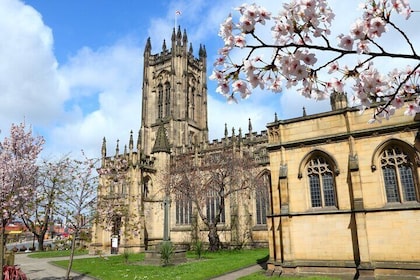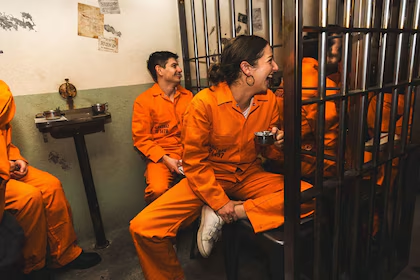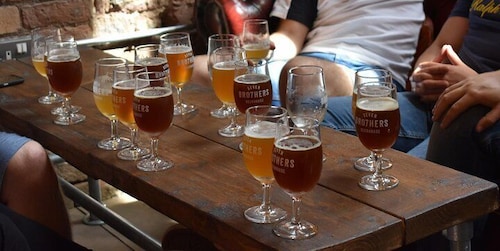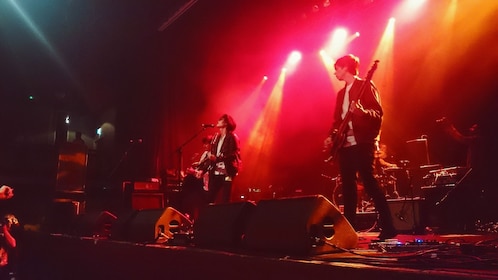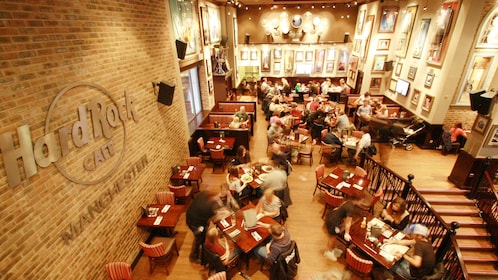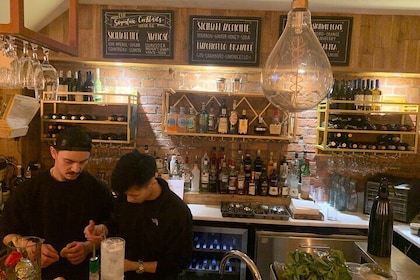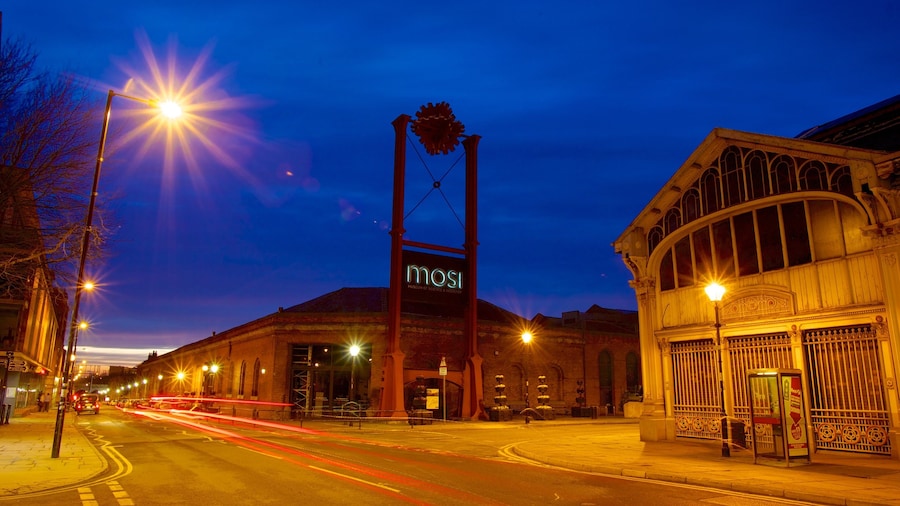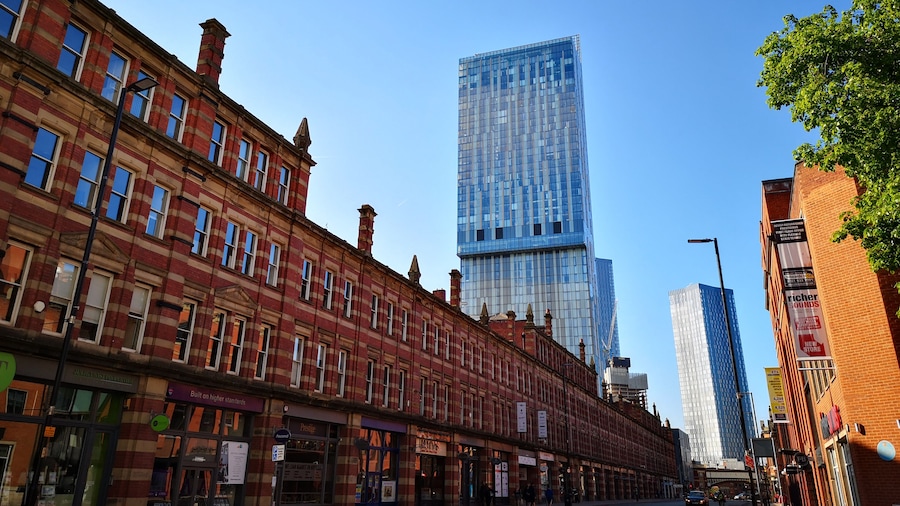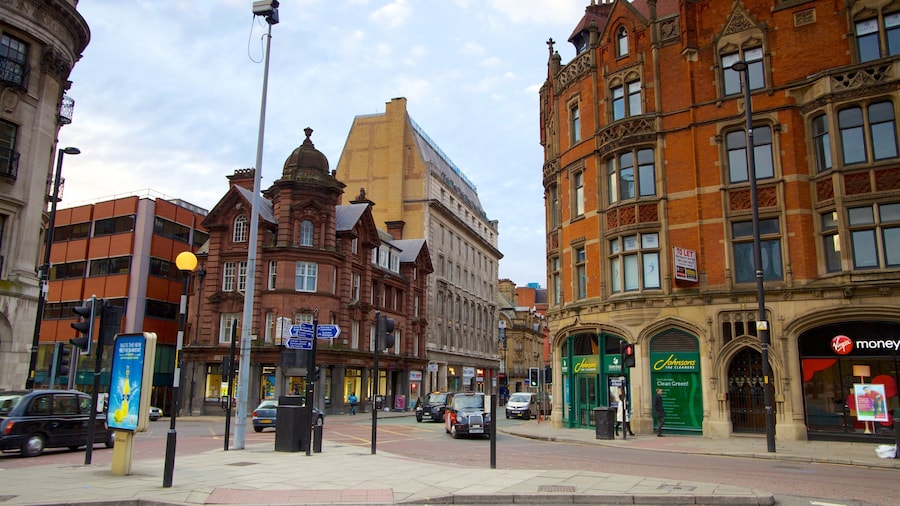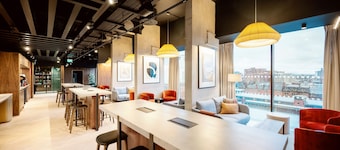The Manchester Opera House has seen much drama, in its time – and not so much opera – but remains a glorious palace of entertainment.
Lying right in the centre of Manchester's entertainment heartland, the Opera House has had a wildly colourful history. It has lurched from ground-breaking productions and record-breaking musicals to being a cinema, a bingo hall – and nearly closed-down. Despite all the ups and downs, though, it has managed to find its own place in Manchester's often overcrowded night-life – and is now a firm favourite with Mancunians and visitors alike.Despite its name, the Manchester Opera House is a venue with an open door for all manner of theatrical entertainment – and definitely not just opera. In fact, operatic productions have only recently comeback, after a long absence, and usually only amount to one or two per season. What has kept the seats filled, in recent years, has been a mix of popular musicals, comedy shows, dance spectaculars – and good old-fashioned pantomime.The Manchester Opera was built in 1912, by the New Manchester Theatre Company, when the slums around the River Irwell were being cleared. As was fashionable at the time, it was designed with a strong Greek influence in mind. So its façade is dominated by fluted columns and a chariot relief adorning its topmost arch. It has been a commanding presence, at the end of central Manchester's Quay Street, ever since. Even the heavy bombing of the area in the Second World War failed to damage or dislodge it.Perhaps the most striking thing about the Opera House, though, is its fabulously ornate and high-vaulted auditorium. It has a wonderful sweep of tiered balconies – decorated in gilt and green – and a stack of richly decorated boxes. These are, rather unusually, held up by four Greek columns, and provide the best seats in the house. The surprise is that all of this has been packed into what seems like a small venue from the outside. It's the result of a clever trick of having the stalls placed below ground level, with the stage itself facing away from the street. It is quirks like these that have helped endear the Opera House to theatre-goers. And with Manchester's recent rediscovery of itself as a city of culture, they are likely to be enjoying the Opera here for many more years to come.

